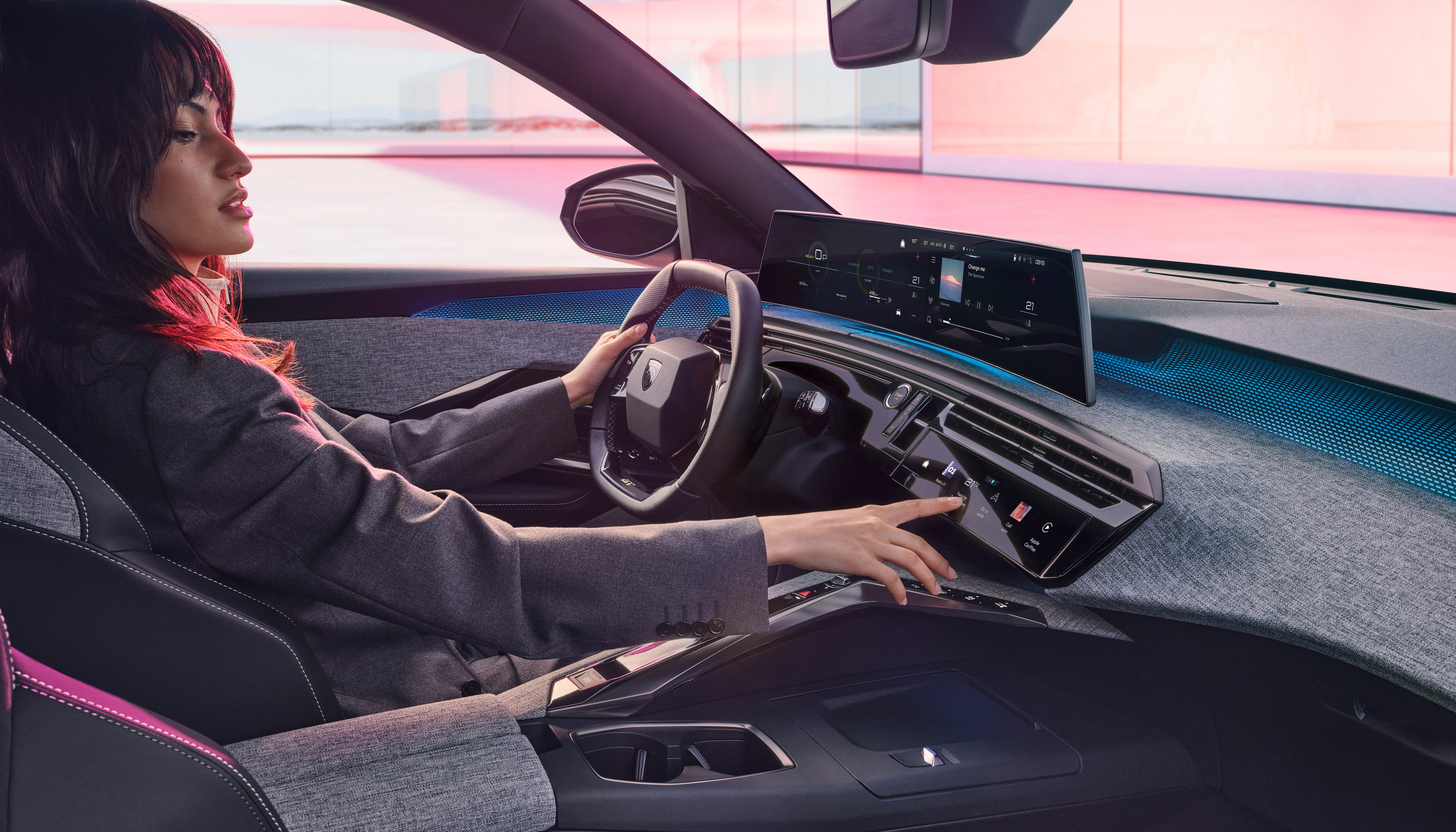
News Articles & Peugeot Magazine
Do you want to receive our newsletters? Sign up
In the spotlight
Battery preconditioning is coming to the PEUGEOT E-3008 and E-5008!
A new feature has been introduced on the PEUGEOT E-3008 and E-5008: pre-conditioning of the traction battery. Its purpose? To optimise fast charging!

The New PEUGEOT E-208 GTi puts a smile on Théo Pourchaire's face!
Théo Pourchaire, official driver of Team PEUGEOT TotalEnergies for the 2026 season of the World Endurance Championship (WEC), was able to take the wheel of the new PEUGEOT E-208 GTi.

Top 10 European cities to discover in a 100% electric vehicle!
Traveling by electric vehicle across Europe has never been easier thanks to the growth of charging infrastructure with more than a million terminals today!
_TOP10.png?imwidth=768)
E-LION DAY 2025: PEUGEOT GOES INTO PERFORMANCE MODE!
Every year, E-Lion Day is a key moment for PEUGEOT: an opportunity to take stock of the brand's electrification and unveil its great ambitions for the future.

Relive the Lion's greatest moments at the Paris Motor Show!
After a 2022 edition that fell short of previous ones in terms of attendance and impact, the Paris Motor Show is once again generating excitement, with major manufacturers returning, led by Peugeot.

Meet Peugeot Sport Fans at the 6 Hours of Spa!
A record 88,180 spectators turned up for the 6 hours of Spa! Under the radiant sun, we set off to meet the Peugeot Sport fans.

PEUGEOT's Signature Road Handling!
Find out what lies behind the famous PEUGEOT road handling that's impressed motoring journalists for decades.


Maud Rondot: the Soul of Peugeot's Colors and Materials
Meet Maud Rondot, Designer in charge of Peugeot's Color, Materials, Finish studio. Discover an artist with an atypical career path.
Maud Rondot: the Soul of Peugeot's Colors and Materials
Meet Maud Rondot, Designer in charge of Peugeot's Color, Materials, Finish studio. Discover an artist with an atypical career path.

Discovering the E-3008 during its design phase is a surprising experience!
The various customer panels that previewed the E-3008 never expected what they saw!
Peugeot's secret to flawless production
Full kitting revolutionised Peugeot's manufacturing methods. Here's a look behind the scenes of one of the most significant developments in automotive production.

24 Hours of Le Mans: a spectacular Centenary race
In June 2023, Peugeot saw its two 9X8 Hypercars reach the finish line of the Le Mans 24 Hours. Watch the testimonials of Jean-Éric Vergne and Jeremy Valbon.
24 Hours of Le Mans: a spectacular Centenary race
In June 2023, Peugeot saw its two 9X8 Hypercars reach the finish line of the Le Mans 24 Hours. Watch the testimonials of Jean-Éric Vergne and Jeremy Valbon.
June 2023

IMMERSE YOURSELF IN THE WORLD OF MOTOR RACING WITH THE PEUGEOT 9X8 HYBRID HYPERCAR IN LEGO®
Treat yourself to the Peugeot 9x8 hybrid hypercar… in miniature! Of course, you'll have to get through the 1775 bricks that make up the new LEGO® Technic™ model before you can show it off.
IMMERSE YOURSELF IN THE WORLD OF MOTOR RACING WITH THE HYBRID HYPERCAR PEUGEOT 9X8 IN LEGO® TECHNIC™ VERSION
Treat yourself to the PEUGEOT 9x8 hybrid hypercar... in miniature! To acquire this iconic car, you'll have to get through the 1775 bricks that make up this new LEGO® Technic™ model.
April 2023
March 2023
Quiz: test your electric knowledge
Test your knowledge of electric driving by answering these 9 questions.
February 2023

MEETING PEUGEOT FANS ON INSTAGRAM
Many Instagram accounts are exclusively dedicated to the Lion Brand. Who are these enthusiastic Peugeot fans who share their passion on Instagram?
January 2023

PEUGEOT INCEPTION CONCEPT: THE FUTURE IS NOW
PEUGEOT INCEPTION CONCEPT made its debut on January 5, 2023 at CES in Las Vegas. Discover the design of the future according to Peugeot.
December 2022
November 2022
October 2022
August 2022

PEUGEOT IS NOT JUST ABOUT CARS!
Add some extra style to your daily life with PEUGEOT Lifestyle products. Miniatures, accessories, clothing, leather goods... Reveal the lion in you!
THE WOMEN BEHIND THE NEW PEUGEOT 308
The new PEUGEOT 308, named "Women's World Car of the Year" 2022, was designed by a team of mostly women. Meet the team.
FIND ALL THE ARTICLES IN YOUR MAGAZINE









_208_GTI.png?imwidth=768)
_CAPOT_9-8.png?imwidth=768)
_3008_5008_EN.png?imwidth=768)



_3PARADIS.png?imwidth=768)






















































